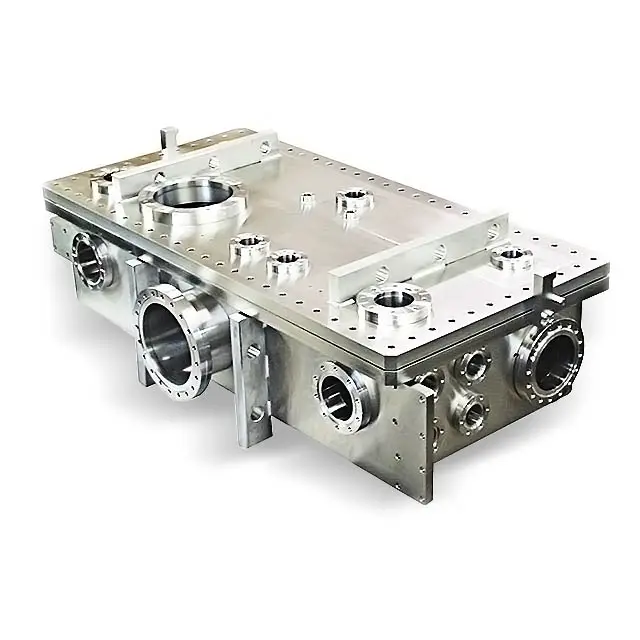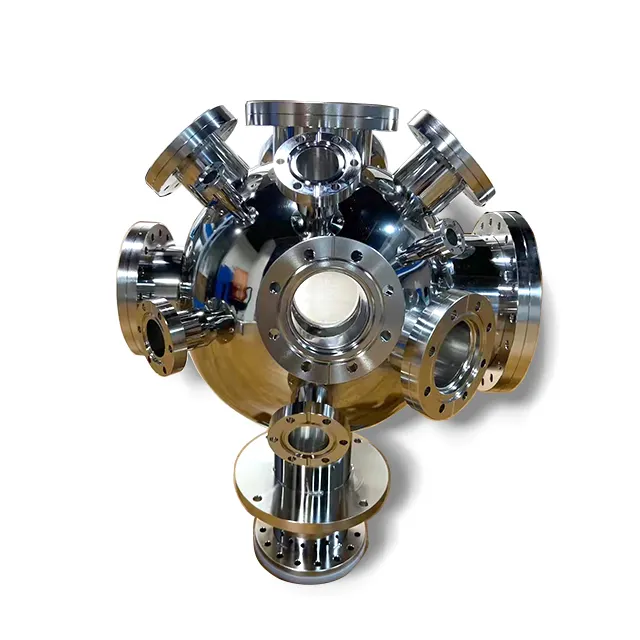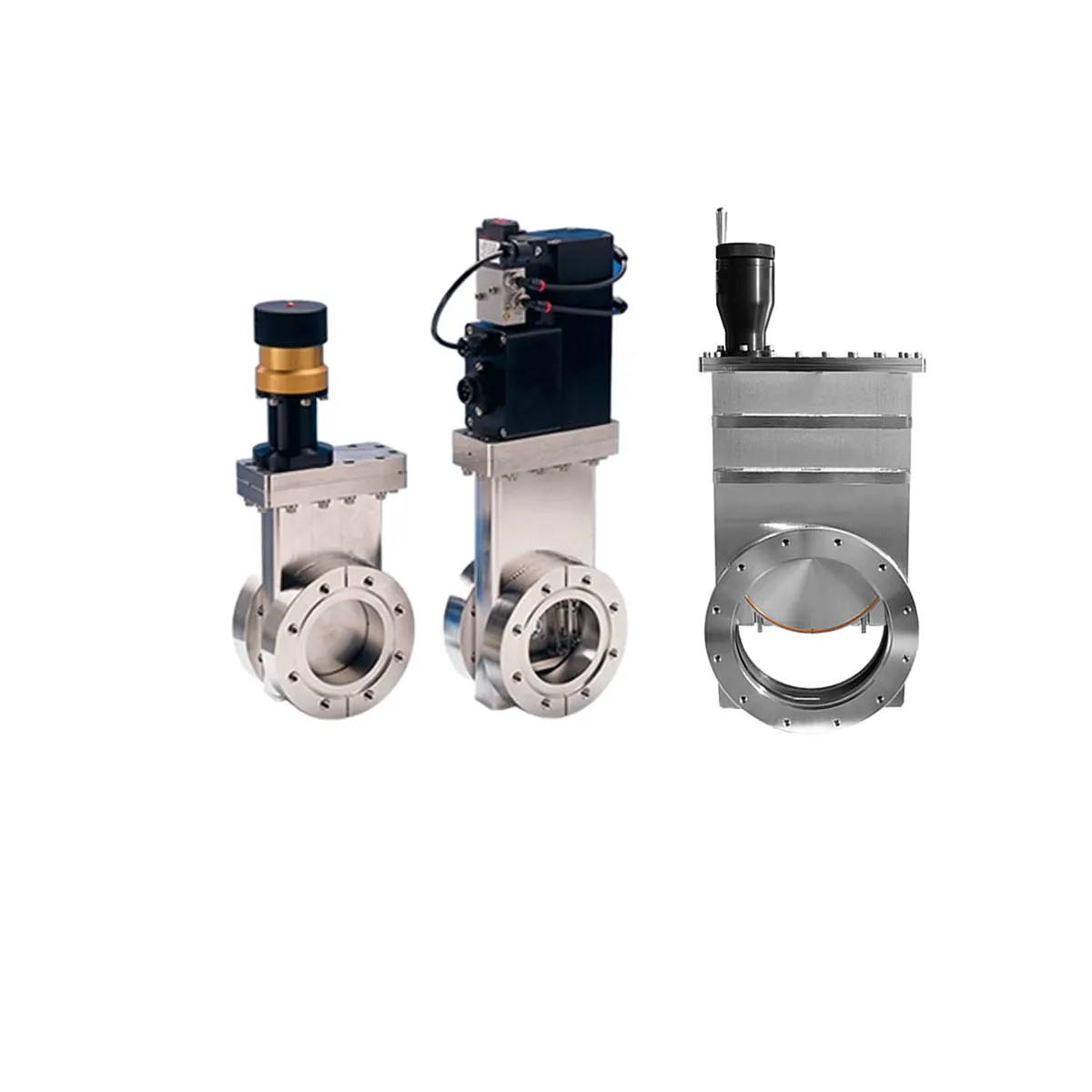thermal vacuum chamber
A thermal vacuum chamber is a sophisticated testing facility that combines controlled temperature conditions with a vacuum environment, designed to simulate the harsh conditions of space or extreme industrial settings. This advanced testing apparatus enables manufacturers and researchers to evaluate the performance, reliability, and durability of components, systems, and materials under precisely regulated environmental conditions. The chamber operates by creating a vacuum environment while simultaneously managing temperature variations, typically ranging from -180°C to +150°C. Through advanced thermal control systems, including cryogenic cooling and resistive heating elements, the chamber can execute complex temperature profiles while maintaining strict vacuum conditions. These chambers are equipped with various monitoring systems, including temperature sensors, pressure gauges, and data acquisition systems, ensuring accurate measurement and documentation of test conditions. The technology finds extensive applications in aerospace testing, satellite component validation, electronics reliability assessment, and materials research. Modern thermal vacuum chambers often incorporate additional features such as solar simulation capabilities, contamination monitoring systems, and automated test sequence programming, making them invaluable tools for quality assurance and research applications.


